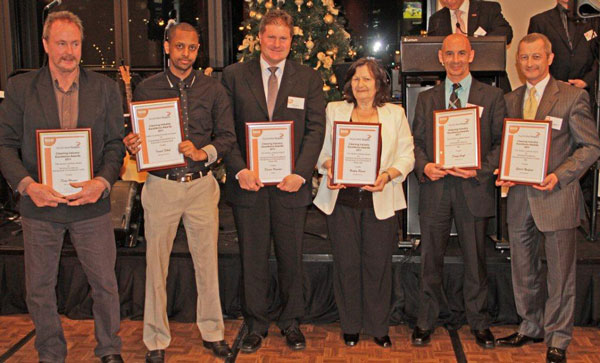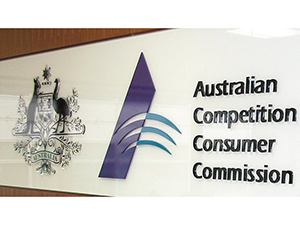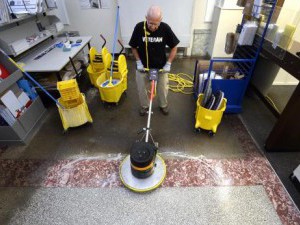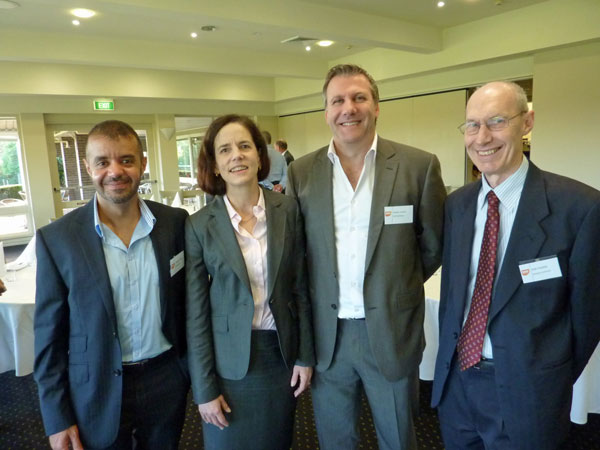
Almost two-thirds (63 per cent) of Australian professionals feel their chances for career progression have been limited at one or more points during their career because of their sexual orientation, ethnicity, age, gender or a disability, according to a new survey by recruiting firm Hays.
This figure was higher for respondents living with a disclosed disability (83 per cent), women (77 per cent) and people who identify as LGBTIQ+ (67 per cent).
The recruiter surveyed more than 1000 working professionals across Australia and New Zealand as part of its 2018-19 Diversity & Inclusion Report to identify key diversity and inclusion considerations.
Hays also found that half (51 per cent) of all survey respondents said career development conversations with their line manager are open and transparent.
This figure drops to 48 per cent of women (compared to 55 per cent of men), 47 per cent of mature-age people and 37 per cent of people living with a disclosed disability.
In other key findings, 40 per cent of all survey respondents believe they are more likely to be promoted if they have a similar socio-economic background to the organisation’s management.
Half (50 per cent) of survey respondents said their leaders have a bias towards those who look, think or act like them. People living with a disclosed disability are the most likely to believe this bias exists (66 per cent).
Furthermore, 56 per cent of all respondents said there had been an occasion where they felt that their chance of being accepted for a job was lowered because of their sexual orientation, ethnicity, age, gender or disability. This figure was even higher among respondents living with a disclosed disability (83 per cent) and those who identify as LGBTIQ+ (65 per cent).
Managing director of Hays Australia & New Zealand Nick Deligiannis said the survey shows perceptions of unfair barriers to career progression persist in Australian workplaces.
“Most organisations would be quick to refute any suggestion that their employees’ progression is limited due to gender, ethnicity, age, sexual orientation, disability or socio-economic background. However, they should be aware that these perceptions do exist amongst the wider employee population,” he said.
“Employees should feel confident to express this sentiment, and there should be a process in place for any feedback to be responded to and acted upon where appropriate.”
As for other strategies that can help to facilitate the even handed career progression of traditionally underrepresented groups, Deligiannis suggests several: “It starts with sourcing talent from the widest possible pool, acting to mitigate bias throughout the talent selection process by involving a range of diverse stakeholders when reviewing and selecting CVs, and includes diversifying your interview panel.
“Data should be used to enhance career development programs. Organisations should also clearly communicate their commitment to offering career progression opportunities to all, and have clearly defined progression pathways and transparent objectives. This ensures all staff are aware that their personal career progression is tied to specific aspects of their performance, which will only be assessed on merit.
“Training at managerial level is important too and should prioritise bias mitigation.”
Comment below to have your say on this story.
If you have a news story or tip-off, get in touch at info@3.106.117.80.
Sign up to INCLEAN’s newsletter.




